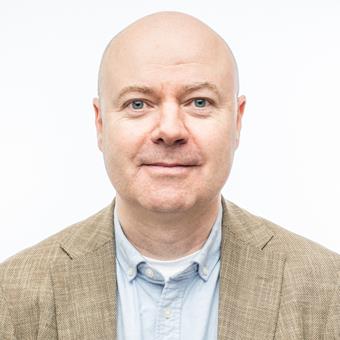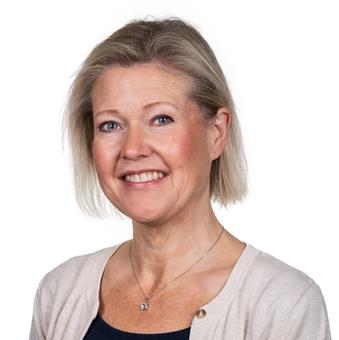The aim of the project is to investigate student teachers’ and medical students' development of professional self-efficacy during their education. Professional self-efficacy relates to emotional challenges and moral distress.
The project uses both qualitative and quantitative research. The project includes questionnaire studies where we follow student teachers and medical students at the beginning of their education and investigate how their professional self-efficacy changes. In addition, the study follows the student groups through interviews over time to find out how they reason about professional self-efficacy, emotional challenges and moral stress. Finally, differences between the student teachers and medical students are analysed in comparative studies using both quantitative and qualitative methods.
Contributing to better meeting the students' possible needs in their professional education
We have the opportunity to contribute with specific knowledge about teacher and medical education. The study can contribute to the better meeting the students' possible needs in their professional educaiton. There is also scientific innovation, with combinations of previous theoretical contributions on professional self-efficacy, emotional challenges and moral distress. The fact that we also have the opportunity to follow a selection of student teachers and medical students, simultaneously interviewing students from teacher and medical education, provides additional opportunities that contribute with in-depth and unique knowledge.
Teacher and medical education need to prepare students for future demands in professional life
Working in schools and health care place high psychological, cognitive and emotional demands on the professionals. Therefore, teacher and medical education need to prepare students for future demands in professional life. There is currently a lack of knowledge about how students develop professional self-efficacy during their education to become teachers and doctors in a Swedish context. In this project, we intend to investigate the professional development of teacher and medical students in relation to professional self-efficacy, emotional challenges, and moral distress during the first years of their education. In previous projects, we have investigated student teachers’ and medical students' perspectives on emotional challenges. In addition, another project has focused on the students' supervisors in practicum and clinical practice and their perspectives on emotional challenges that students may encounter.




